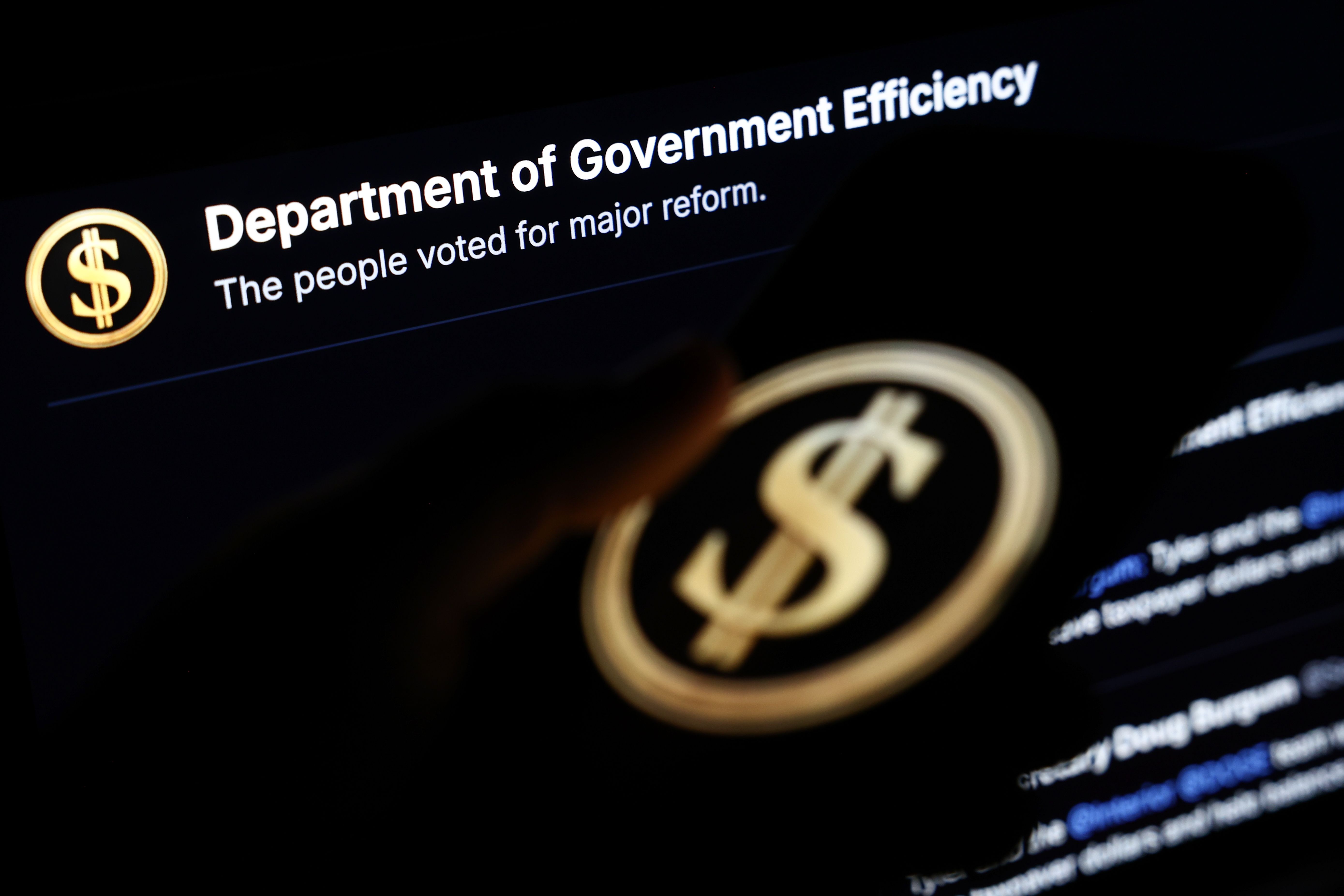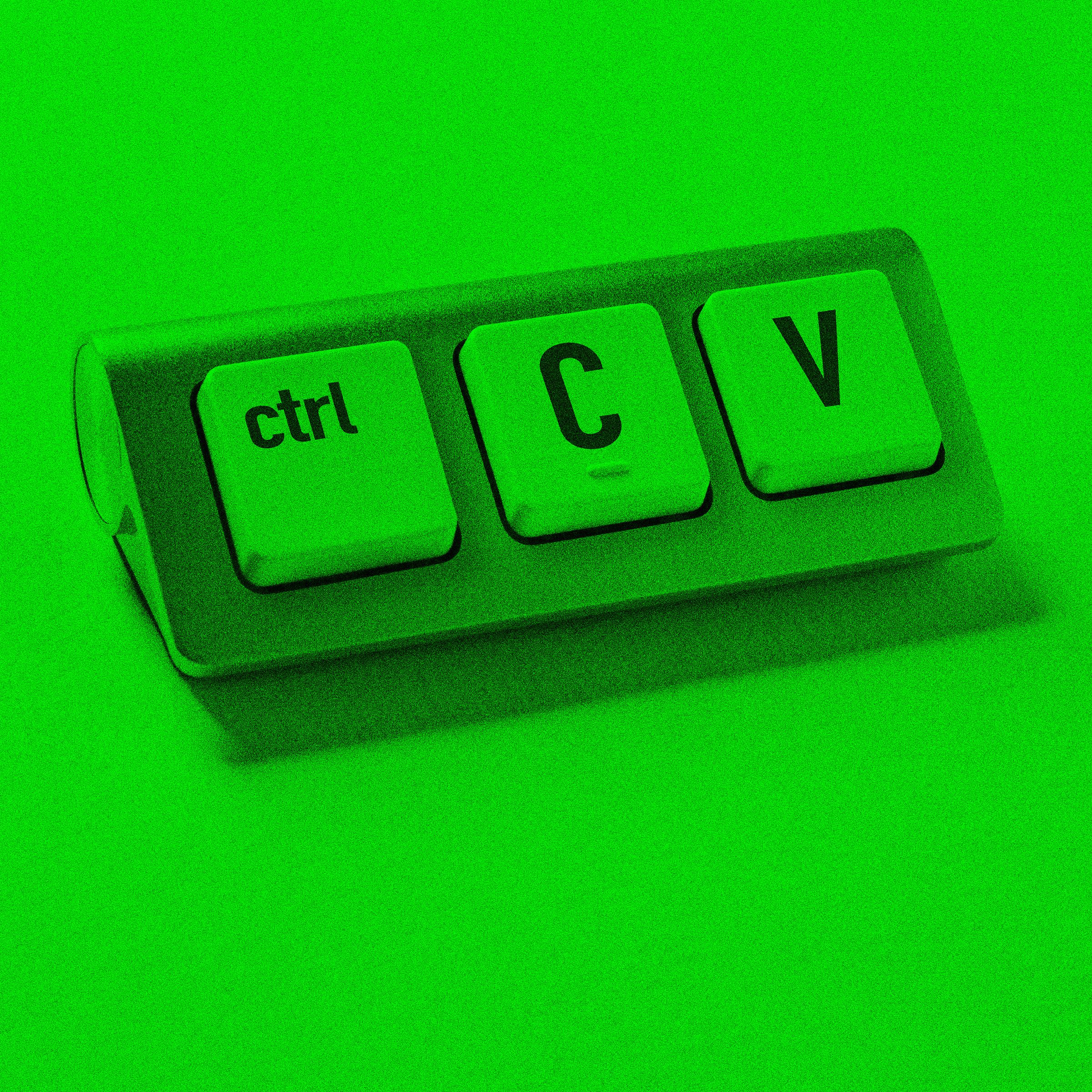Is It Ever Legal—or Ethical—to Remove DRM?
Digital Rights Management (DRM) is a technology used by content creators to protect their intellectual property from unauthorized distribution and piracy. However, DRM can also limit consumers’ ability to access and use the content they have purchased in ways that are considered fair by many.
There is ongoing debate about whether it is ever legal or ethical to remove DRM from digital content. Some argue that consumers have the right to access the content they have purchased in any way they see fit, while others believe that removing DRM is a violation of copyright law and harms content creators.
In some jurisdictions, it is legal to remove DRM for personal use under certain circumstances. For example, in the United States, the Digital Millennium Copyright Act (DMCA) allows for the circumvention of DRM for certain purposes, such as making a backup copy of a legally purchased DVD. However, distributing or selling tools for circumventing DRM is illegal under the DMCA.
From an ethical standpoint, the debate over DRM removal centers on the rights of content creators versus the rights of consumers. While content creators have the right to protect their intellectual property, consumers also have the right to access and use the content they have purchased in ways that are convenient and fair.
Some argue that removing DRM is necessary to preserve access to digital content in the long term, as DRM systems can become obsolete or cease to function over time. Others believe that removing DRM undermines the rights of content creators and encourages piracy.
Ultimately, the legality and ethics of removing DRM depend on individual circumstances and the laws of the jurisdiction in which it is being done. It is important for consumers to be informed about their rights and responsibilities when it comes to DRM removal, and to make decisions that align with their own values and beliefs.
In conclusion, the debate over DRM removal raises important questions about copyright law, consumer rights, and the balance of power between content creators and consumers. While there are valid arguments on both sides, the legality and ethics of removing DRM depend on specific circumstances and legal considerations.





More Stories
Canon Promo Codes: 10% Off | August 2025
Review: Google Pixel 10 Series
The PlayStation 5 Is About to Get More Expensive